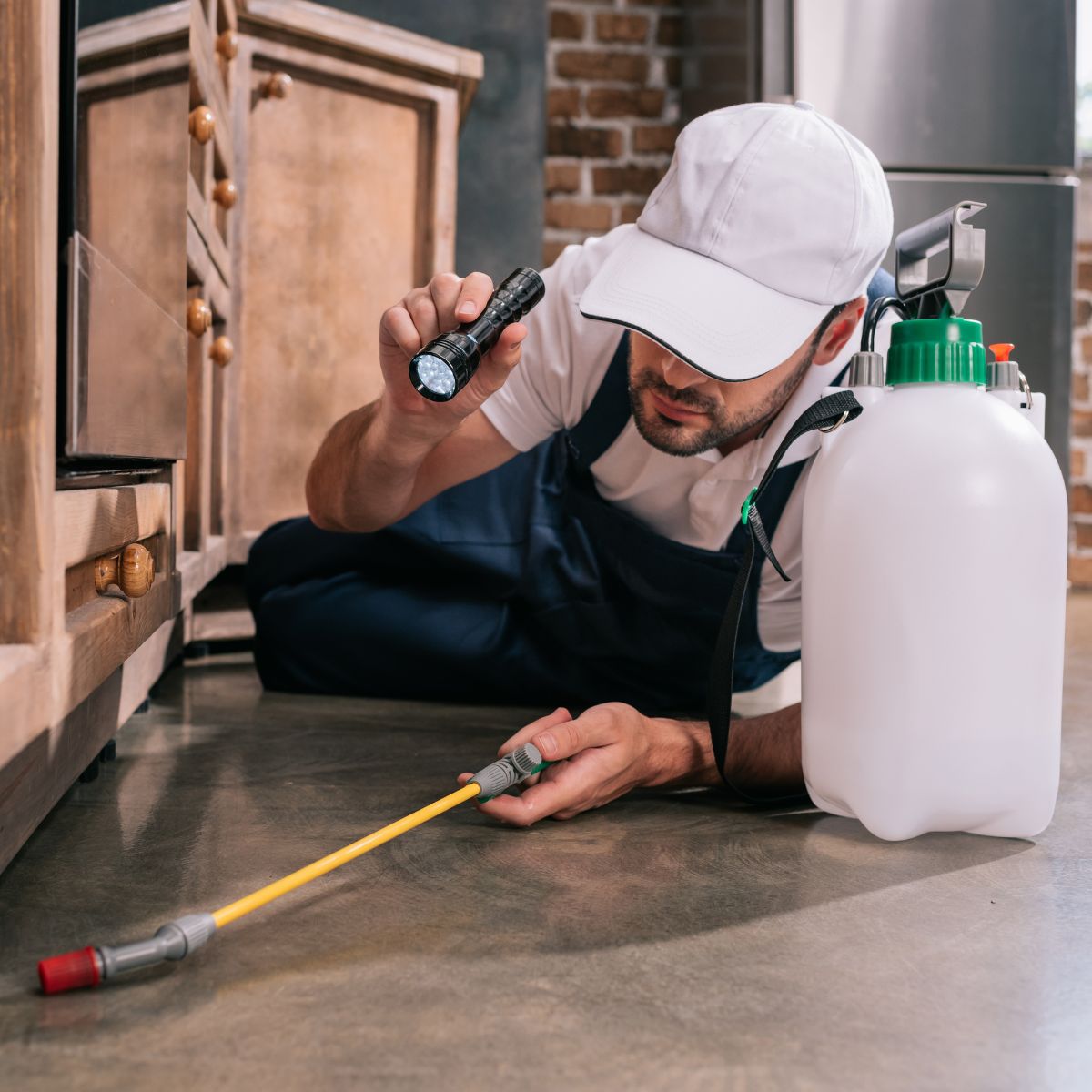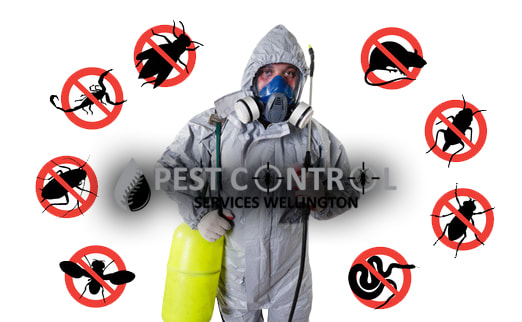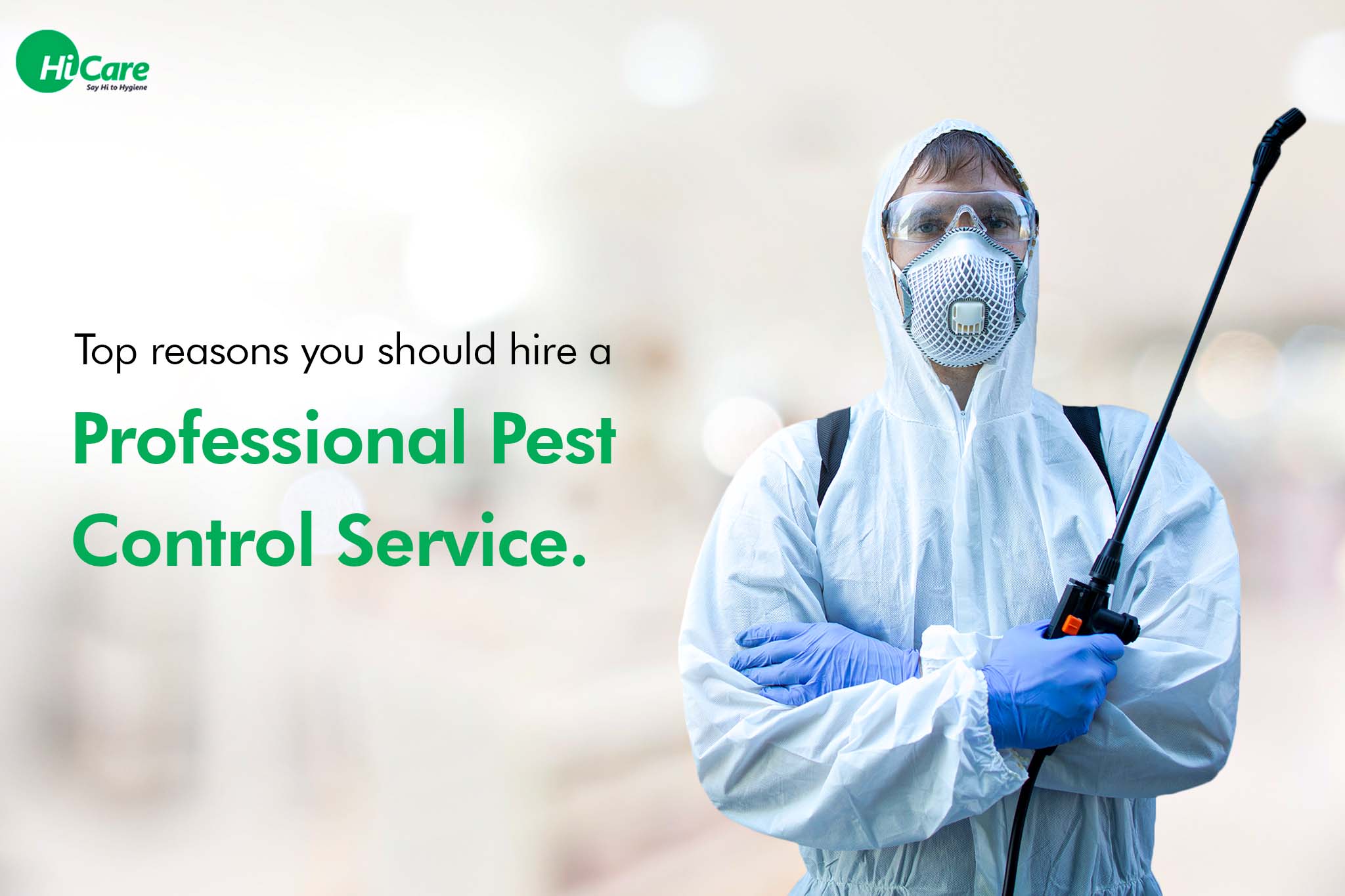Pest Control Clovis: Eliminate Pests Once and for All
Wiki Article
Recognizing the Various Approaches to Bug Control: A Comprehensive Guide

Natural Pest Control Methods
Using eco-friendly strategies such as buddy planting and organic insect control is crucial for successfully managing bugs in agricultural settings. Buddy planting involves expanding various plants in proximity to deter bugs, enhance nutrient uptake, and improve total plant wellness. Planting marigolds along with tomatoes can aid repel nematodes. In a similar way, intercropping maize with beans can interrupt the breeding patterns of parasites like corn borers.Biological parasite control involves introducing natural killers or microorganisms to manage pest populations. Ladybugs, for example, eat aphids, controlling their numbers without the need for chemical pesticides. An additional instance is making use of Bacillus thuringiensis (Bt), a bacterium that targets certain insect parasites while being safe to humans, pets, and beneficial bugs.
These environment-friendly methods not only decrease the dependence on artificial pesticides however also assist maintain biodiversity and soil wellness. By incorporating natural bug control strategies into farming practices, farmers can achieve sustainable bug monitoring while reducing unfavorable effect on the environment.

Chemical Pest Control Solutions
In enhancement to all-natural pest control methods, the usage of chemical bug control options plays a substantial role in effectively taking care of pest populaces in agricultural environments. Chemical pest control solutions are developed to target details insects that might cause substantial damages to crops. These remedies often include artificial pesticides that are developed to eliminate insects rapidly and effectively.One of the key advantages of chemical insect control services is their effectiveness in controlling pest infestations on a huge scale. Farmers can apply these services utilizing various methods such as splashing, airing out, or seed treatment to protect their plants from dangerous bugs, weeds, and diseases. Additionally, chemical pest control services are relatively easy to use and can supply fast outcomes, aiding farmers secure their yields and minimize financial losses.
Nonetheless, it is vital to use chemical bug control services deliberately to lessen potential negative effects on the setting, non-target organisms, and human health and wellness. Proper application methods, adherence to safety guidelines, and regular tracking are vital to guarantee the liable usage of chemical parasite control services in farming practices.
Organic Bug Control Approaches
Organic pest control comes close to utilize natural predators or microorganisms to handle bug populaces in farming setups properly. One usual biological control approach is the intro of natural adversaries, such as ladybugs or parasitic wasps, to target details parasites.An additional biological control method includes making use of pathogens like fungis, viruses, or bacteria to contaminate and kill bugs. In general, organic pest control strategies supply a lasting and targeted option to pest management in farming.
Integrated Pest Administration (IPM)
Integrated Pest Administration (IPM) is an extensive technique that incorporates various bug control strategies to successfully manage and reduce pest populaces in farming systems. IPM concentrates on lasting prevention of parasites via a mix of organic, social, physical, and chemical control techniques. By incorporating these different methods, IPM aims to minimize dependence on chemical pesticides, minimize environmental impact, and promote sustainable pest administration methods.
One secret aspect of IPM is using biological controls such as natural killers, bloodsuckers, and virus to control insect populaces. This approach harnesses the power of nature to maintain an equilibrium in between parasites and their all-natural enemies without triggering damage to the atmosphere.
Furthermore, IPM entails social methods like plant environment, hygiene, and turning control to produce unfavorable conditions for pests and interrupt their life process. Physical controls such as mulches, catches, and obstacles are additionally utilized to stop parasite invasions.
Physical and mechanical Insect Control Strategies
Utilizing non-chemical approaches, such as mechanical and physical parasite control techniques, is an essential facet of thorough parasite administration approaches, building upon the structure of Integrated Parasite Monitoring's holistic technique. Mechanical pest control involves using physical barriers or catches to avoid my review here bugs from accessing and damaging plants or frameworks. This method can include methods like mounting displays on windows, making use of row covers in agriculture, or using sticky catches to capture pests.Physical parasite control methods, on the other hand, emphasis on directly eliminating this website parasites with physical means. As an example, making use of heat therapies to eliminate bed bugs or vacuuming up pests like ants or crawlers can be efficient methods to manage infestations without the usage of chemicals. By integrating these mechanical and physical parasite control strategies into an Integrated Pest Administration strategy, individuals and experts can minimize reliance on pesticides while still properly handling pest populations and minimizing damage.
Conclusion

In enhancement to all-natural pest control approaches, the usage of chemical pest control options plays a significant duty in efficiently taking care of pest populaces in agricultural atmospheres.One of the crucial benefits of chemical pest control services is their performance in regulating parasite infestations on a large range.Integrated Bug Management (IPM) is a thorough technique that integrates numerous pest control approaches to properly take care of and minimize pest populations in agricultural systems.Utilizing non-chemical techniques, such as mechanical and physical parasite control techniques, is a crucial element of thorough pest administration approaches, building upon the foundation of Integrated Bug Monitoring's holistic method. By including these physical and mechanical pest control methods into an Integrated Bug Monitoring plan, experts and people can lower dependence on pesticides while still effectively handling pest populations and lessening damages.
Report this wiki page